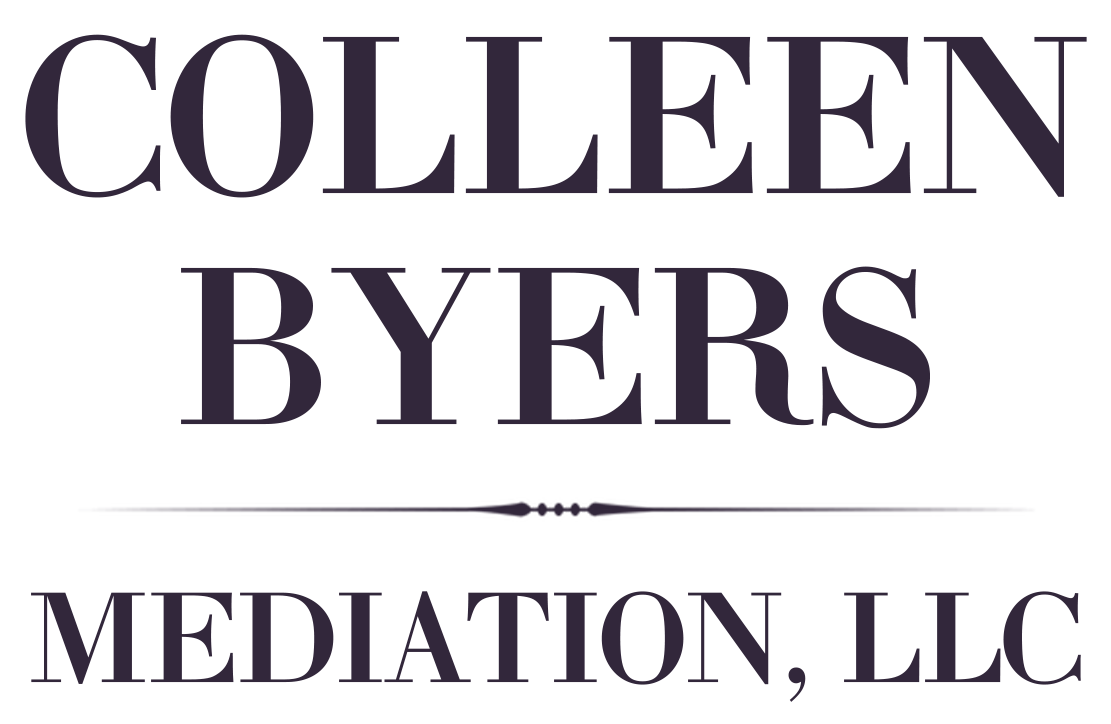1. Nothing Happens Without Your Consent
Between the lawyers, the mediator, and the legalese, it’s easy to feel overwhelmed and uncertain. One thing to keep in mind is that nothing happens at mediation without the agreement of the parties. No one, especially not the mediator, will force you to agree to anything you are not willing to agree to. Having said that, the mediator may very well play devil’s advocate and encourage you to consider various alternatives. Regardless, you decide whether and under what terms you might settle your legal dispute.
2. Identify Your Goals & Consider Their Goals
If you don’t know where you want to end up, how can you map out a plan to get there? In advance of mediation, it is wise to spend some time answering these questions:
- What do you hope will be different as a result of this mediation?
- What is most important to you?
- If you had what you really wanted, what would that allow for?
Then flip the script and spend some time putting yourself in the other sides’ shoes and asking yourself these questions:
- What is most important to them?
- If they had what they really wanted, what would that allow for?
Then spend some time thinking about possible solutions that would not only work for you but that might also work for the other party(ies).
3. Pack Snacks and Water
Mediation may be a long day. Although you can always ask for a break and there will be some down time while the mediator is working with the other party(ies), mediation can sometimes feel like a marathon. You should pack snacks and water for the journey. If you take daily medications, you should bring those with you in case the mediation goes longer than anticipated.
4. Take Some Deep Breaths
We are all human and as humans we all have times where we feel triggered, upset, and/or defensive. Practice noticing when this is happening in your body and giving yourself some compassion. Take long, slow, deep breaths to help calm your nervous system.
With a little bit of preparation and a lot of trust in your mediator and the mediation process, you can set yourself up for the most productive negotiation possible.






